High-Impact Practices 1. National Networks for Your Honors Scholars!
Sheila Amin, Dean, Burnett Honors College, University of Central Florida
Lynda Coon, Dean, Honors College, University of Arkansas
This HERU 2024 session demonstrates how the collective power of national honors organizations like the Council on Honors Education (COHE) offer exceptional professionalization and research opportunities for our students. Specifically, the presenters outline programming designed to partner ambitious honors scholars at APLU institutions with top players in industry, healthcare, and the academy. Through virtual workshops hosted by the Society of Women Engineers, research medical faculty at top institutions, lead faculty of hipster NSF REUs, and recent winners of NSF Graduate Awards, current honors students from every corner of the U.S. will learn the secrets of success from those best positioned to advise them. And they will do so in the company of their peers from across the country.
Importantly, these professionalization opportunities grant access to students in spaces either not currently available to them or in places situated to one side of their imagined career trajectory. For example, honors scholars in landlocked states will learn the art of applying for federal research funding at universities boasting impressive programs in ocean science. Undergraduates in urban areas will similarly benefit from “changing address” by moving to rural areas where faculty in Land Grant universities excel in the latest techniques of green engineering. Students intrigued by the medical arts will benefit from the experience of those who have successfully fused a research portfolio with an MD. Honors alumni at major universities will track their success in applying for and winning the prestigious NSF Graduate Award. Finally, organizations like the Society of Women Engineers will present tips on networking, mentoring, and shadowing.
Rather than seeing ourselves as competing entities in the world of honors education, we should contemplate instead our shared ability to produce pipelines to top medical schools, law schools, graduate schools, and the workforce, where our best scholars become agents of change, positively impacting the welfare of this country and beyond.
